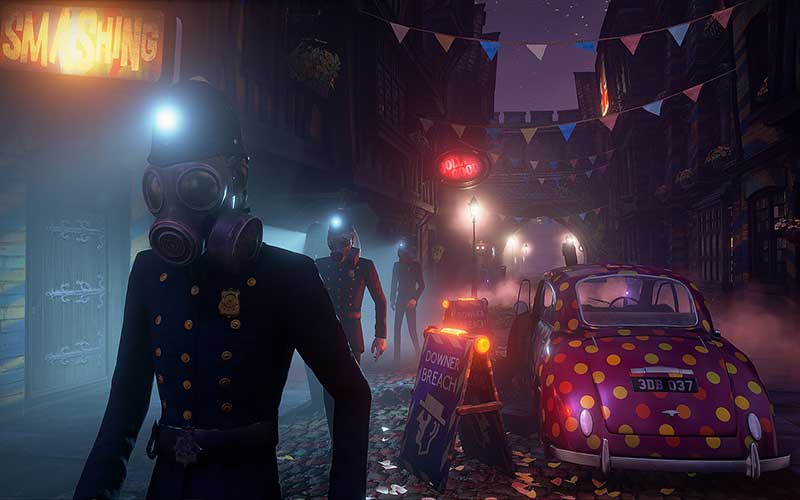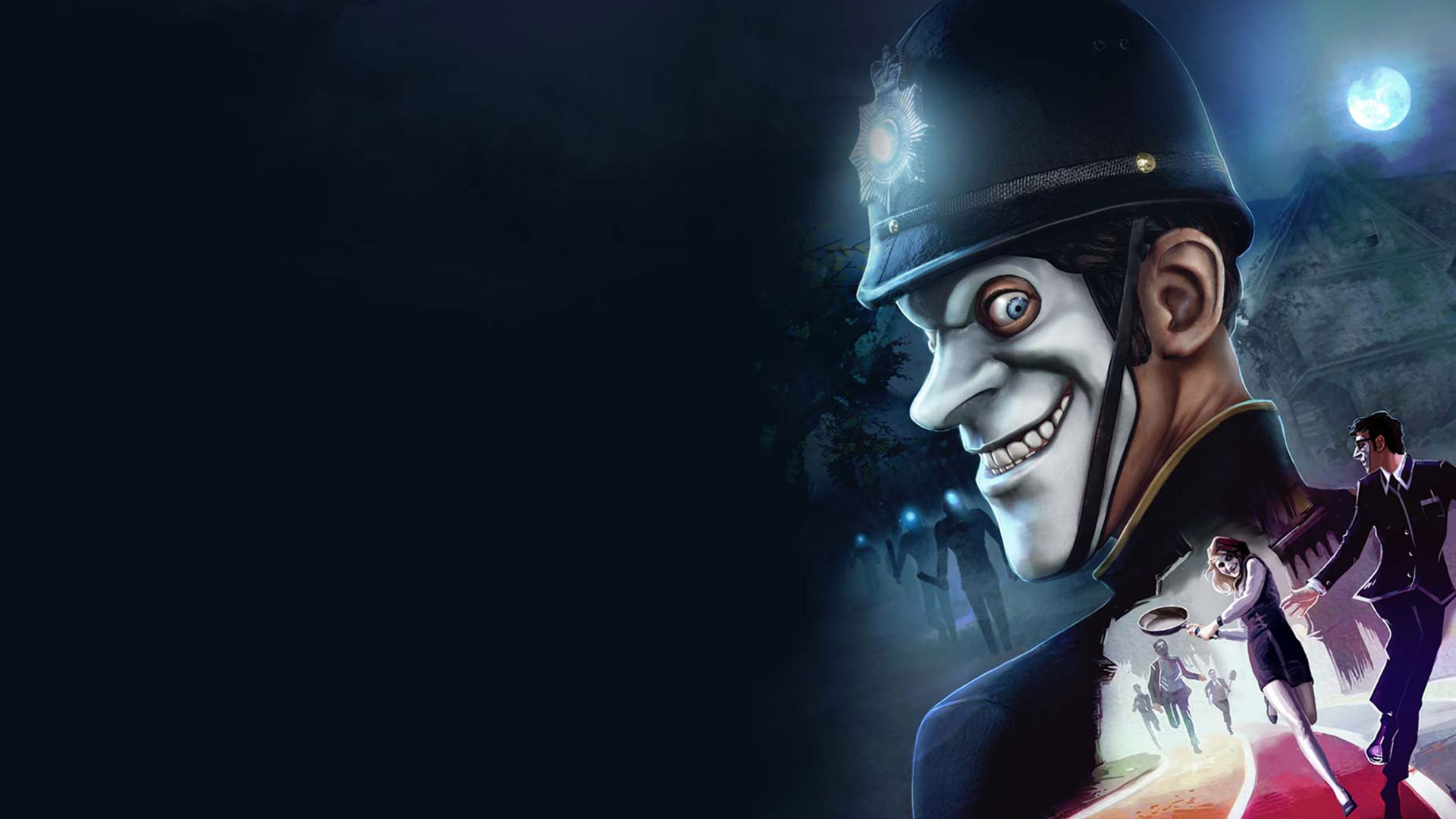
A lot of men died in that battle and Henry knew they would and he also knew how to make them eager to go into battle and be killed. Their sons will continue the annual celebration, so these men’s service will be remembered for eternity.Īll that is a big sell, of course. They will roll up their sleeves and show everyone the scars they have from the wounds they sustained on St Crispin’s Day.

Survivors will celebrate the anniversary of the battle every year and be able to boast to their envious neighbours that they were there. Men who were not there will consider themselves cursed for not having been there – they will think of themselves as inferior men, while those who were there will be held up as heroes.

‘Happy’ in this context means lucky or fortunate. ‘We happy few’ are that select “band of brothers” who fought with King Henry at Agincourt, and are happy because they fought with their king, became his brothers, and will be celebrated forever. They are part of a huge historical moment and will be forever envied by other soldiers for having been there. Not only that but Henry tells them that any one of them shedding his blood with Henry will be his brother. They are brothers, forever bound together. When King Henry V references ‘we happy few’ in his Saint Crispin’s Day speech, he is talking about his army – a select group of men serving directly under him and fighting alongside him at the Battle of Agincourt. However, ‘we happy few’ is a phrase from what is known as the Saint Crispin’s Day speech, a speech that is very special in many ways, and can certainly be referred to it one of the greatest passages in Shakespeare. ‘The greatest’ becomes meaningless because one could make the case for dozens – perhaps hundreds – of Shakespeare passages.


It’s very easy to say that a particular passage – be it a soliloquy, a monologue, a speech, or a piece of dialogue – is the greatest passage in Shakespeare. ‘We happy few’ is a phrase from a speech by King Henry V in Shakespeare’s play Henry V. Each Shakespeare’s play name links to a range of resources about each play: Character summaries, plot outlines, example essays and famous quotes, soliloquies and monologues: All’s Well That Ends Well Antony and Cleopatra As You Like It The Comedy of Errors Coriolanus Cymbeline Hamlet Henry IV Part 1 Henry IV Part 2 Henry VIII Henry VI Part 1 Henry VI Part 2 Henry VI Part 3 Henry V Julius Caesar King John King Lear Loves Labour’s Lost Macbeth Measure for Measure The Merchant of Venice The Merry Wives of Windsor A Midsummer Night’s Dream Much Ado About Nothing Othello Pericles Richard II Richard III Romeo & Juliet The Taming of the Shrew The Tempest Timon of Athens Titus Andronicus Troilus & Cressida Twelfth Night The Two Gentlemen of Verona The Winter’s Tale This list of Shakespeare plays brings together all 38 plays in alphabetical order.


 0 kommentar(er)
0 kommentar(er)
